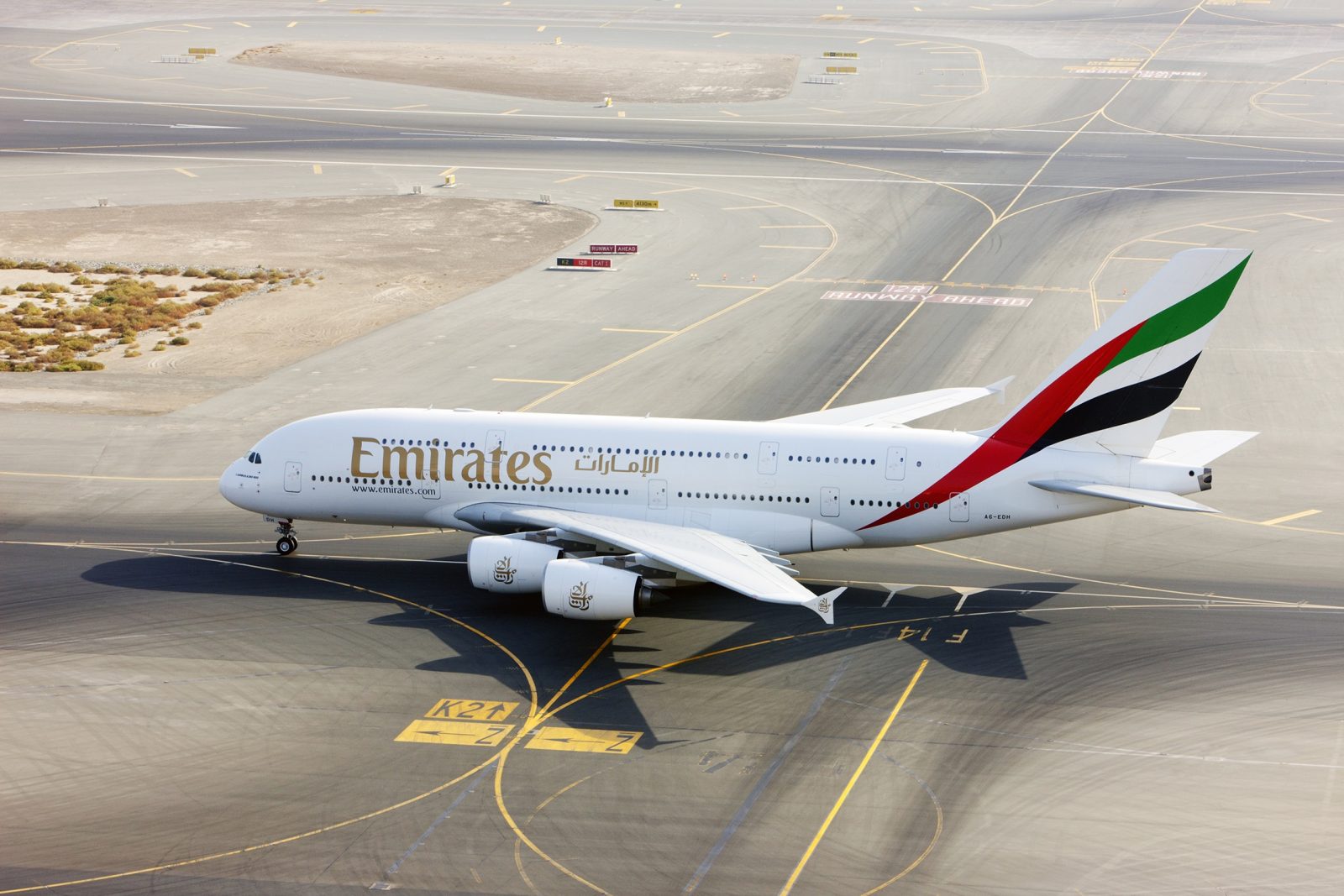
Emirates has been refused the right to appeal a court decision that may mean the Dubai-based airline owes its customers millions of pounds in delayed-flight compensation. The decision by the UK’s Supreme Court follows a ruling which found five airlines, including Emirates had failed to pay legitimate compensation claims in missed connection cases.
Under the so-called European Union ‘Denied Boarding’ regulations, airline passengers are guarunteed certain rights when things go wrong on any flight departing or flying to a European country (regardless of the airline’s nationality). In certain situations when flights are delayed for more than three-hours, passengers are even entitled to set compensation amounts.
But five airlines – American Airlines, Emirates, Etihad, Singapore Airlines and Turkish Airlines – had faced enforcement action from the UK’s aviation regulation, the Civil Aviation Authority (CAA) for the way they had interpreted the law. The CAA claimed the five had breached consumer law and were failing to honour legitimate compensation claims.
The airlines said they didn’t need to pay compensation when a delay on the first leg of a multi-leg itinierary caused a passenger to miss a connecting flight – resulting in them arriving at their final destination over three hours late. The CAA, however, disagreed and started enforcement action by taking the airlines to court.
A war of words broke out between Emirates and the CAA with the airline’s president, Tim Clark penning an angry letter in March 2017, saying he was “astonished that your organisation (the CAA) has resorted to such unncecesary intimidation without meaningful consultation and discussion.”
According to the CAA’s own data, Emirates had been subject to the highest number of complaints from passengers for refusing compensation claims.
 In two cases involving Emirates at the Court of Appeal in London, judges ruled in the CAA’s favour – saying Emirates owed passengers up to €600 in compensation for missed connections which were the airline’s fault.
In two cases involving Emirates at the Court of Appeal in London, judges ruled in the CAA’s favour – saying Emirates owed passengers up to €600 in compensation for missed connections which were the airline’s fault.
While the four other airlines decided to comply with the court’s ruling, Emirates instead sought permission to appeal the decision. The Supreme Court (the highest court in the UK) wasn’t having any of it – in its latest ruling it has said the appeal didn’t raise an arguable point of law because a clear decision had already been made.
“Emirates priority should be looking after its passengers, not finding ways in which they can prevent passengers accessing their rights,” commented Andrew Haines, the CAA’s chief executive.
“They have failed in their attempts to overturn the Court of Appeal Judgement, which now means that millions of pounds worth of compensation is due to its customers. It is time for Emirates to pay what is owed.”
The CAA has now said it will “progress” its enforcement action against Emirates – including making sure the airline changes its policies and pay’s up. While it’s incredibly unlikely, if the airline refuses, the CAA could if it wanted ask a court to send in the bailiffs.
Mateusz Maszczynski honed his skills as an international flight attendant at the most prominent airline in the Middle East and has been flying ever since... most recently for a well known European airline. Matt is passionate about the aviation industry and has become an expert in passenger experience and human-centric stories. Always keeping an ear close to the ground, Matt's industry insights, analysis and news coverage is frequently relied upon by some of the biggest names in journalism.







